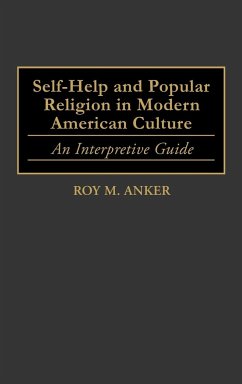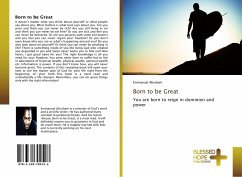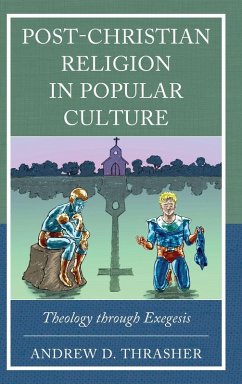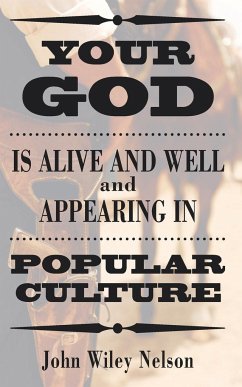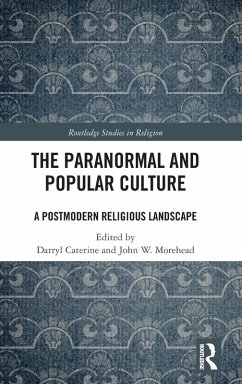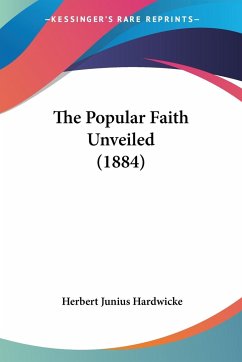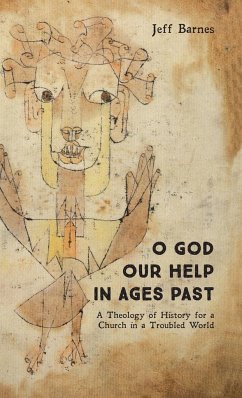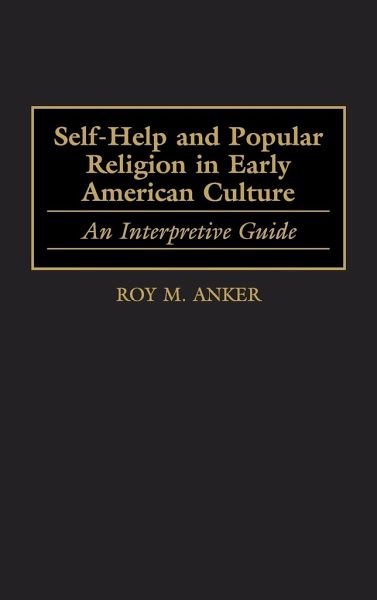
Self-Help and Popular Religion in Early American Culture
An Interpretive Guide
Versandkostenfrei!
Versandfertig in 1-2 Wochen
65,99 €
inkl. MwSt.

PAYBACK Punkte
33 °P sammeln!
One of two volumes on the relationship between popular religion and the self-help tradition in American culture, this book focuses on early America, from the Protestant Ethic and Puritan New England through Revivialism and American Romanticism. The concept of self-help is a distinctive part of the American character of individualism. This volume provides an introductory interpretive guide to major self-help figures and movements with origins in popular religious movements. The opening chapter recounts the perspectives and conclusions of previous histories of American self-help and includes ana...
One of two volumes on the relationship between popular religion and the self-help tradition in American culture, this book focuses on early America, from the Protestant Ethic and Puritan New England through Revivialism and American Romanticism. The concept of self-help is a distinctive part of the American character of individualism. This volume provides an introductory interpretive guide to major self-help figures and movements with origins in popular religious movements. The opening chapter recounts the perspectives and conclusions of previous histories of American self-help and includes analyses of several important related works. The following chapters present a historical narrative that traces those junctures where American history and popular religion have reputedly and actually intersected. In surveying the historical and scholarly materials that depict the history of popular religion and self-help, this volume emphasizes the historiographical debates that shape the interpretation of the ideas and figures. This reference will serve as a valuable research tool for American religion and popular culture scholars. Arranged chronologically, this volume discusses, in three major sections, the Protestant Ethic and Puritan New England; Benjamin Franklin, Cotton Mather, and Individualism; and Revivalism, Religious Experience, and the birth of mental healing. An extensive bibliography is included.





